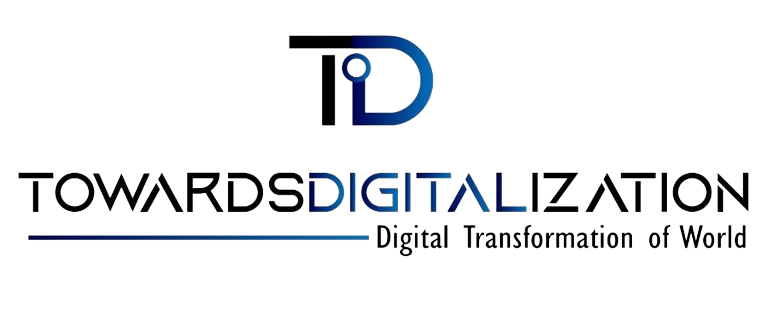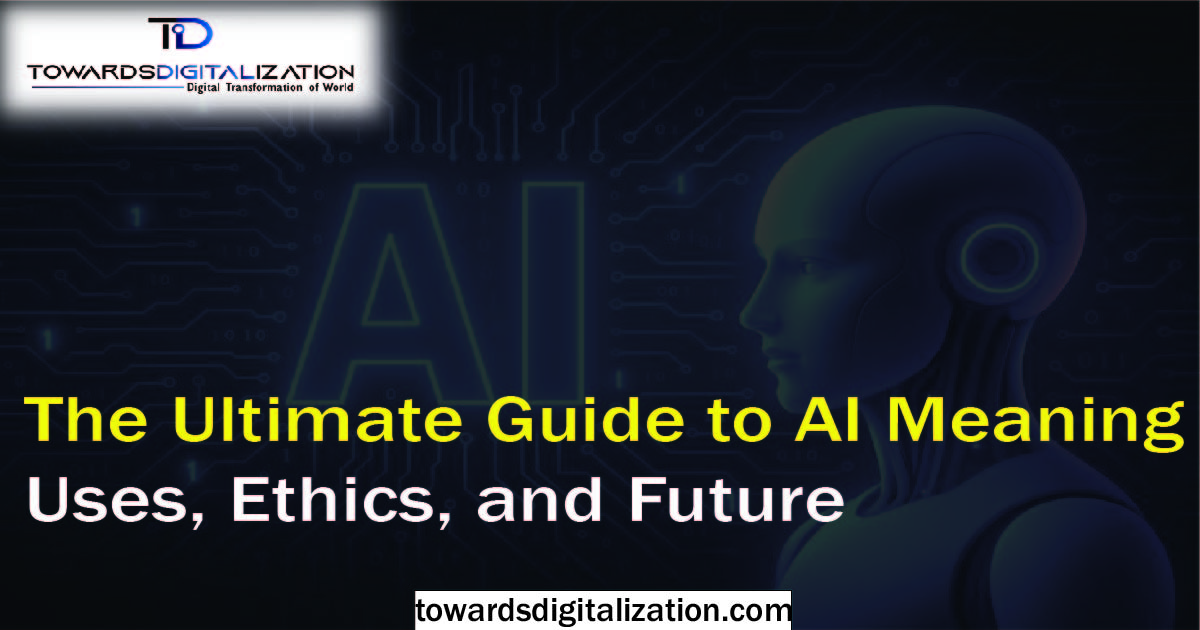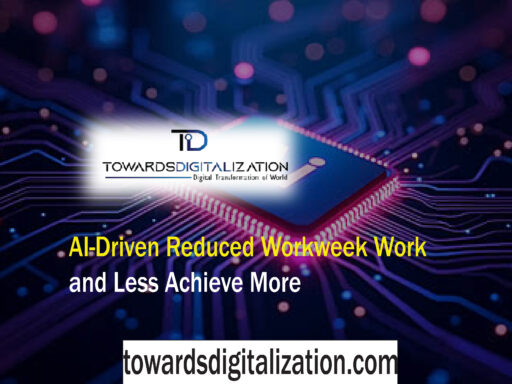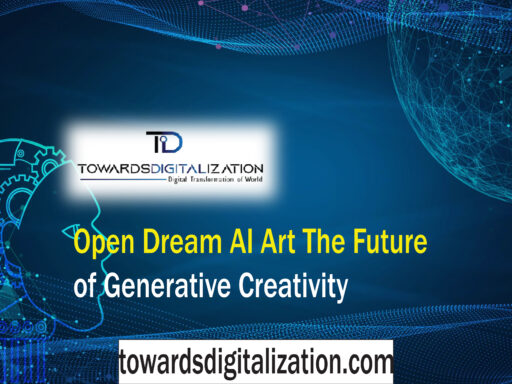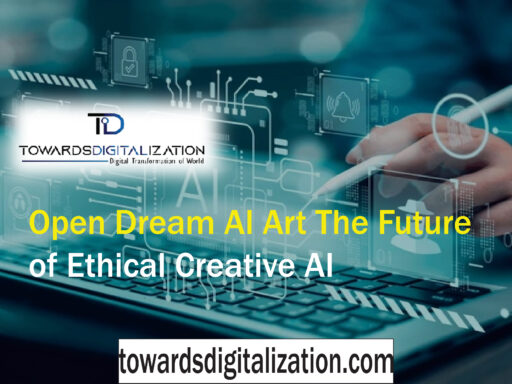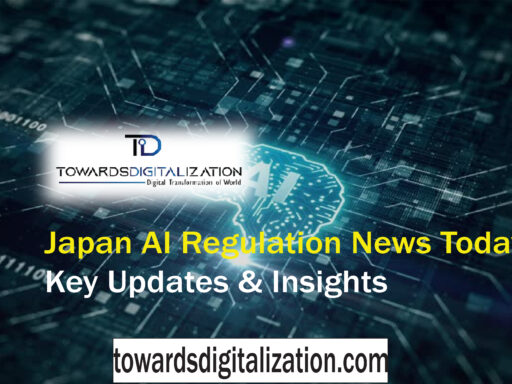Introduction
AI - The defining technology for the 21st century Artificial Intelligence, also known as AI, is one of today’s most exciting and disruptive technologies. It’s no longer an idea that exists in sci-fi movies—it’s actually becoming a reality right here, right now—and it is changing the way we live and work with machines. AI is everywhere: Artificial intelligence now powers so many of the tools we use each day, from our phones to our cars to our streaming video services. This surging influence makes it all the more important to know just what AI is, how it works and why it matters.
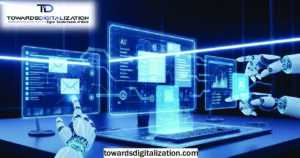
At the same time, as AI’s ascent accelerates, it is also bringing complex challenges and intense debates. However, AI also has an ethical side, and not necessarily good one when it’s repurposed for malevolent uses. The spread of deepfake technologies. The unauthorized development of AI nudes are brutal demonstrations of the darker side of artificial intelligence. This double reality, AI as an instrument of progress and AI as a fount of ethical conundrums, makes it more important than ever to delve into. The tech and risk deep dive, looking at use cases, benefits/risk profile and why building responsibly is so crucial.
What Is AI?
AI (also sometimes referred to as Artificial Intelligence, refers to computers’ capability to perform jobs that typically need humans’ expertise. AI systems adapt, learn, and evolve in response to data, unlike conventional software that follows fixed rules. The process of learning enables AI systems to recognize spoken words, translate them into a languages, identify patterns, and eventually create new material.
The concept of AI isn’t new It’s not new but rapid technological advances in the power of computers and access. To enormous databases have led to the technology’s rapid growth over the past several decades. Nowadays, AI does not only exist in research laboratories. It is found in mobile phones, banks and internet-based platforms, and even the appliances in your home. The capability of AI to be a decision-maker usually faster and more accurately than human decision-makers, illustrates that it is now an important factor in the modern technological world.
What Is Generative AI?
Generative AI is a element of artificial intelligence, which has attracted a lot of attention in these past decades. Contrary to the traditional AI methods that study or categorize information, AI can create new content that wasn’t made before. It does this by looking for patterns in the data, and then creating materials that follow the pattern through a range of different ways.
Text-based models like Chat GPT offer human-like chats using images. Platforms which use images such as Mid Journey and DALL*E generate original artwork that is based on the inputs. Music platforms like Music LM make music or video software can create realistic-looking scenes. The capacity to make distinctive content has led to intelligent AI which is a significant advancement in the world of technology. However, using AI recklessly is risky. The same tools that create beautiful images also produce explicit fakes or AI nudes without permission, raising serious ethical concerns.
The Ethics of AI and the AI Nudes Debate
The ethics of AI has become one of tech’s most urgent topics. Though AI creates opportunities for innovation and growth, it also gives birth to tools that can be abused in deleterious ways. This is evidenced in one of the most bizarre examples: AI nudes, explicit material made without the consent and even the knowledge of people. They can do some serious psychological, reputational and even legal harm to people on the receiving end of such depictions.
This problem demonstrates a more general difficulty: AI is agnostic when it comes to good and bad usage. It only takes some values, makes some data crunching out of them and returns a result. So it falls upon people to set limits, fabricate conventions, and enforce reasonableness. The governments of the world are passing laws to try to eliminate misuse of AI in dangerous content. The companies that develop A.I. tools are also under pressure to introduce more powerful safety features. The conversation about AI nudes demonstrates that the technological and ethical aspects are inseparable, and that every new advance must have clear rules in place as well as accountability.
AI in Everyday Life
AI has insinuated itself into daily life, often so subtly that people barely notice. Engines like Siri, Alexa and Google Assistant are all built on natural language processing to answer questions and get things done. Netflix and YouTube make use of AI to process user behavior and suggest personalized content. Activities such as race and facial-detection technology — which has already been blamed for everything. From racist software that misidentified black people to software for police that picks faces out of a database.
Thousands at a time — are developed with the help of artificial intelligence, or AI. AI is also what recommends products on online shopping platforms and powers social media feeds so your friends’ posts most likely to draw you in rise to the top.Even transportation is being shaped by AI with ride-sharing apps, navigation tools and advancements in self-driving cars. These anecdotes reveal AI isn’t just the realm of fancy industries and labs but ingrained in how we experience everyday life. It is indicative of how technology can make our lives more convenient, efficient and personalized.
AI in Healthcare
In healthcare, AI has the potential to deliver life-changing enhancements. The most advanced AI systems can outperform human doctors at making medical diagnoses using images like X-rays and MRIs. With at least a few showing the potential to work in combinations that may make them more effective than people in certain situations. Algorithms can analyze patient data and forecast future health risks, allowing for early PIEs. AI is also being harnessed for drug discovery. Enabling scientists to find promising compounds tens of thousands of times more quickly than conventional methods.
Outside of diagnostics, AI-driven virtual assistants also help patients by giving them information. About their health, reminders to take medication and guidance about lifestyle. AI helps hospitals with scheduling, wait times, and patient care. But ethical issues persist, particularly in terms of privacy of the data and sensitive patient data. These are the same concerns reflected in wider discussions about AI. Such as how technology can be being abused for malicious purposes by creating AI nudes. The point being, health care also has to be mindful of responsible practice.
AI in education
Examples of AI integration in education are numerous. Platforms create automated grading systems. This system streamlines several grading approaches, reducing the overall workload of teachers. With the help of AI, automated grade systems shift the primary focus toward instruction rather than grading. Students can engage in self-paced learning without a teacher’s delay intervention. AI can automate the grading system.
Also, AI offers support to students with disabilities through transcription, voice recognition, and other assistive tools. This is one of the positive sides of AI. There are other bigger issues like over reliance, accuracy of generated content, and use of AI tools for academic violations. All these use of AI tools for educational purposes raise important issues that are more about technology than as a primary focus of ethics.
AI in business and employment
The use of AI systems in a business setup is beneficial to the business on a wider range as it boosts productivity and reduces operational expenses. AI systems can take up numerous jobs like analytics, customer support, managing ad campaigns, and managing stock. AI systems do more than just take up tasks. They can formulate and analyze multiple intricate strategies for a business. Make predictions on future trends, and identify opportunities within patterns.
The advancement of AI has come with the creation of new job opportunities while simultaneously discontinuing a few position vacancies. New concepts like AI engineering, Machine Learning, and Data science were all born during this period. AI has a potential to enhance productivity in the workplace, which brings the workers’ need to possess AI complementary skills. This points to the growing necessity to improve skills and relearn outdated concepts, as the influence of AI technology across various fields of industry is tremendous.
What Are the Reasons Behind the Disabling Of Some AI Platforms?
The demand for AI driven solutions has surged and so has the need for some AI powered services which users have reported to go offline for long durations. Phrases like “Is Character AI down?” or “Is Janitor AI down?” illustrate this phenomenon. Typically, downtimes like this happen because of one of three reasons; some sort of ‘unplanned’ scheduled tech maintenance, excessive or overclouded traffic, or the services have hit some sort of a ceiling in their server. The smaller architecture is the more the hardware is taken advantage of, the more prone it becomes to gaps in protection. Distributed systems, though more stable, have their own set of tech malfunctions to tend to as well.
Users social media, status pages, and available AI announcements to look for information. The possible reasons for and time taken to resolve the issue that has affected their work. These usage breaks on tools points to the extended dependence users have on AI services and the absence of systems designed to handle high demand.
Profits and Opportunities of AI
Using AI alongside people makes it easier to complete basic monotonous business activities as it involves automating more business tasks. This allows people to be more engaged in strategic and creative initiatives. Besides, AI improves the efficiency of productivity in modern healthcare and financial services, where wrongful mistakes can be expensive and catastrophic. With the help of AI, innovative goods and services can now be designed.

On a personal level, AI has introduced smart suggestions which are now available as part of a modern knowledge management systems, more effective forms of communication, and sms aids. In addition, AI has enhanced customer support services and made it easier to venture into new international markets. It is truly apparent that AI has made significant contributions to the world and thus, it is referred to as a modern technological revolution.
Challenges and Risks of AI
With AI technology for example, creating deep fakes or Ai-generated porn, in the future people may be extremely worried about Ai. It’s ‘Malicious use of Ai’ that concerns me the most. Factories automate repetitive tasks, and social media bots harvest and analyze personal information while the world watches. Unjust social practices such as unjustified discrimination in hiring and lending.
Which biases algorithm social discrimination. Social addictions and the possible societal rule of technology over the human lack of decision-making faculty are, dependence on AI ever increasing lacks the capacity for free thought. These are the issues that are blatantly missing in the absence of controlling the use of Ai for the sake of societal good.
Conclusion
Still, artificial intelligence is an important aspect of any given day and losing ai to an accomplishes. The economy is a risk of losing the very valuable aspect of social behavior. Since responding to questions does AI what society expect in social aspects unlike the systems AI works in, the value of AI is much greater which is pitifully an unwarranted and guarded. The creative and innovative industry and growing economy with the lacking of social behavior and the generous AI in polite aspects is a risk to the very construct of society.
Society drives artificial intelligence innovation, shaping it through both its strengths and shortcomings. When people create AI without proper guidance, they set boundaries that may limit progress. If innovation grows without balance, society risks losing its achievements, and the economy suffers more than expected as the value of AI declines.
FAQs
Q1.What is AI ?
AI, or Artificial Intelligence, refers to computer systems that mimic human intelligence by performing tasks. Such as recognizing images, understanding language, and making predictions.
Q2.Is Character AI down ?
Character AI occasionally goes offline because of heavy traffic or system maintenance. Updates are usually shared on the platform’s official channels.
Q3.Is Janitor AI down ?
Technical issues or server overload may cause Janitor AI to experience downtime, but the servers stabilize and resolve these disruptions.
Q4.What is Generative AI ?
Generative AI is a type of artificial intelligence that creates new content, including text, images, and music, by identifying and replicating patterns found in data.
Q5.Is this AI ?
Yes, AI powers any chatbot, recommendation system, or automated tool that responds intelligently to your input.
